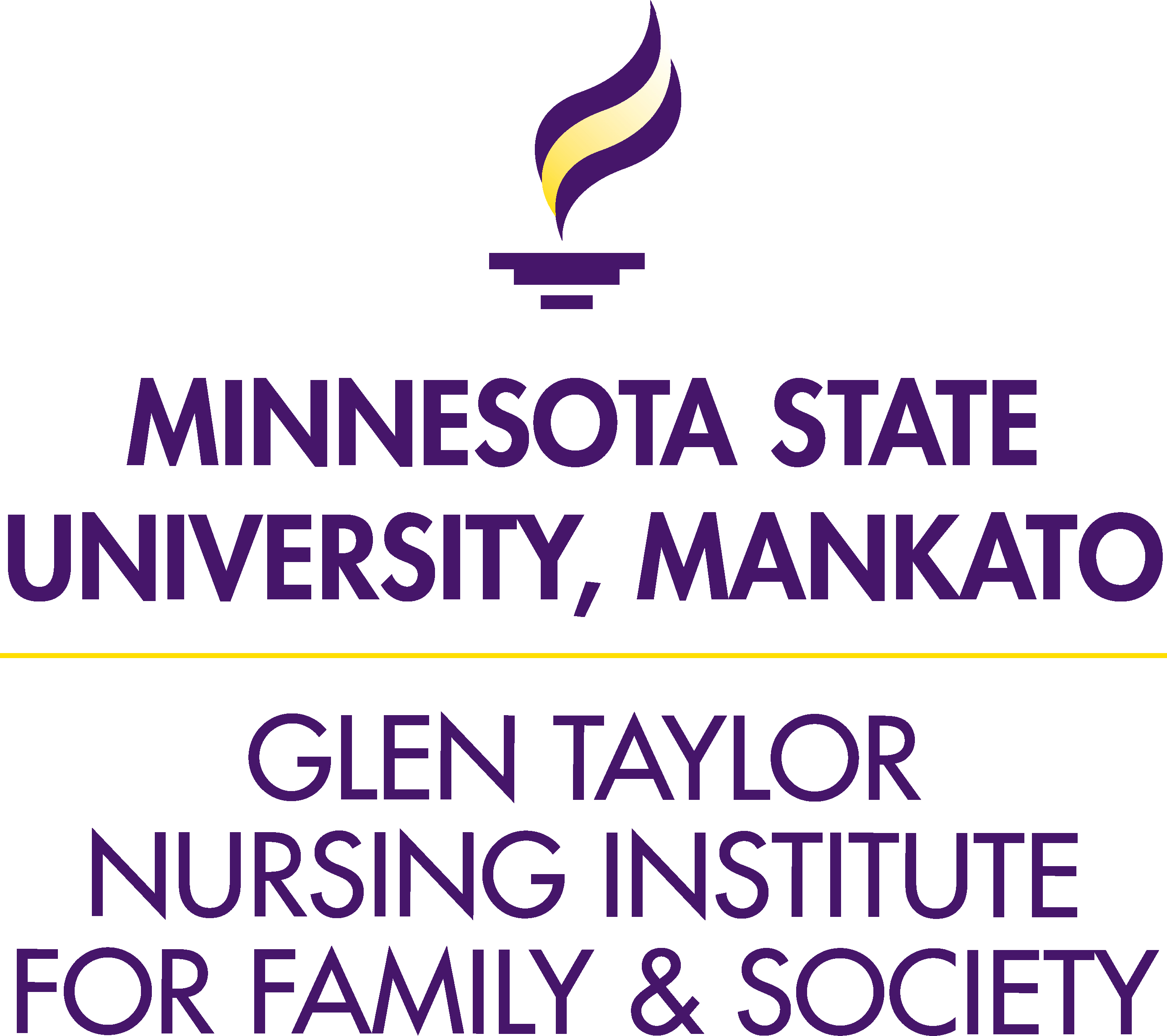The Nursing Department at St. Cloud State University, St. Cloud, Minnesota, USA, focuses on family care in end-of-life (EOL) simulations. The students care for a dying patient and attend to family needs. Cultural Variations in End-of-Life Simulations involve hospice nurses, a chaplain, and family actors for three cultures. During debriefing sessions, family actors share their perspective of care provided and cultural rituals at EOL.
Research was collected from 2012 to 2018. During Phase I following the simulations, students shared, “It was heartbreaking to experience death and see the family sad.” “I learned how to care for people and families at end of life.” “I learned to ask ‘What can I do to help you?’” During Phase II at graduation, 60 % of students had cared for a patient/family at EOL. The students shared “communicating with the patient and family went well.” They would have “liked to have spent more time with family.” They participated in the “role of the RN in care and post-care of the dying person and family.” During Phase III after one year as a nurse, they were “able to prepare families for the patient’s death.” They wanted to “spend more time with the family. “ They expressed the need to “speak up for the patient and family” and shared “families will remember compassion.”
In conclusion, students progressed from learning end-of-life care of a patient/family in simulation to comfortably providing care in clinical settings. The students’ communication skills developed from not knowing what to say to listening to concerns, teaching, and comforting the patient/family. The students moved from struggling with their emotions to having compassion for patient/family and seeking emotional support for themselves. The students gained an awareness of cultural needs of patients/families and became comfortable with EOL care in any setting.
Roxanne Wilson, PhD, RN (IFNA Member and Member of the IFNA Education Committee)
Victoria R. Hammer, EdD, MN, RN, CNE
Susan M. Herm, MSN, NR-BC
Katherine A. Koepke, MS, BSN, RN, CNHP
